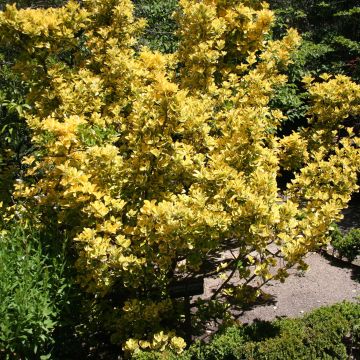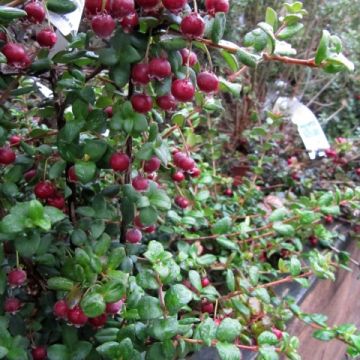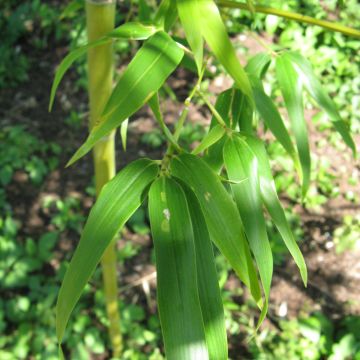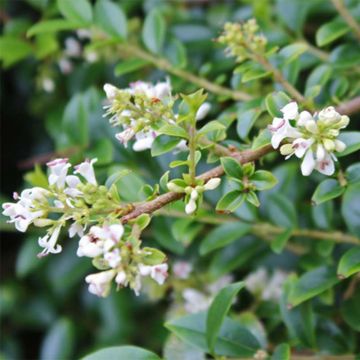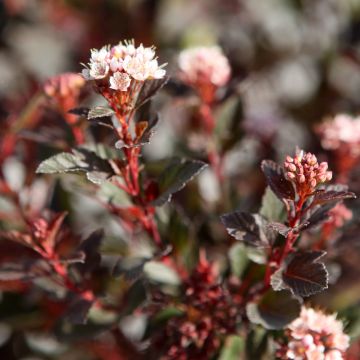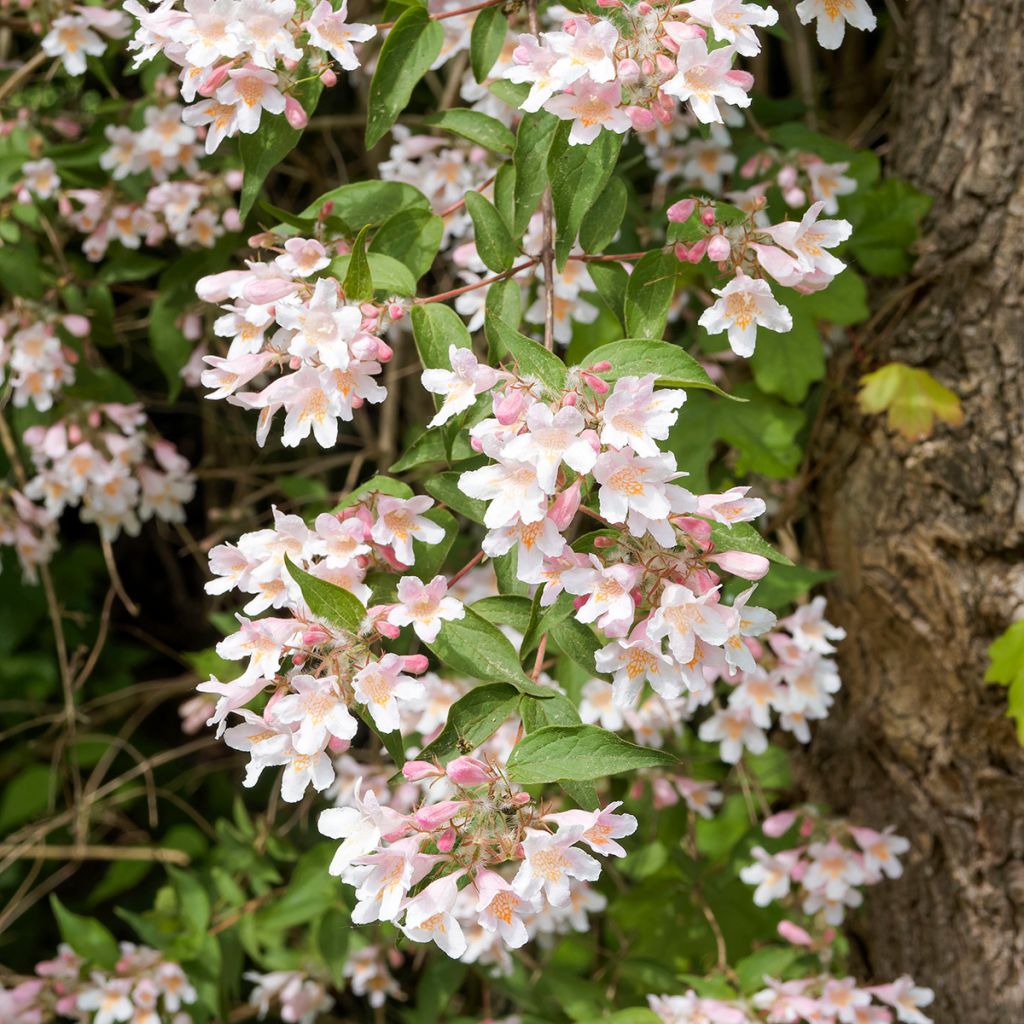

Kolkwitzia amabilis Pink Cloud - Beauty Bush
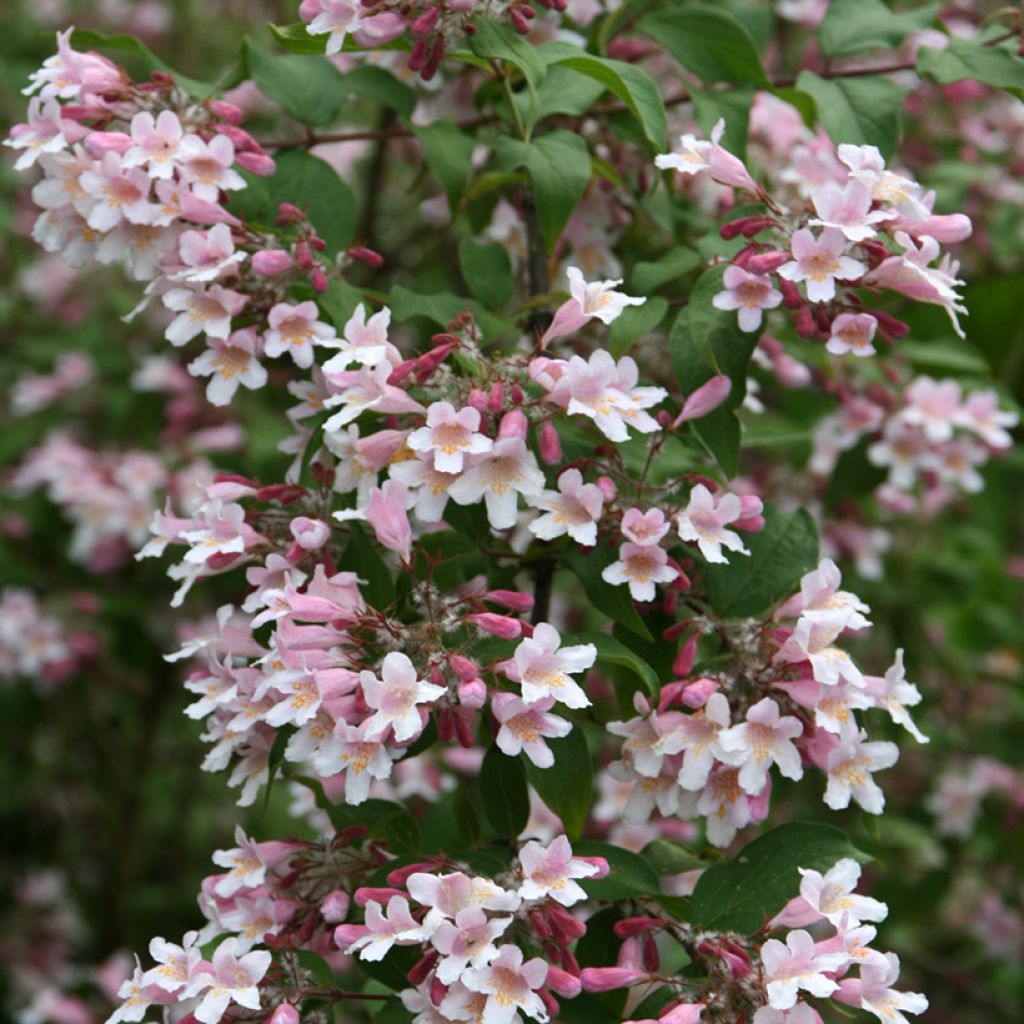

Kolkwitzia amabilis Pink Cloud - Beauty Bush
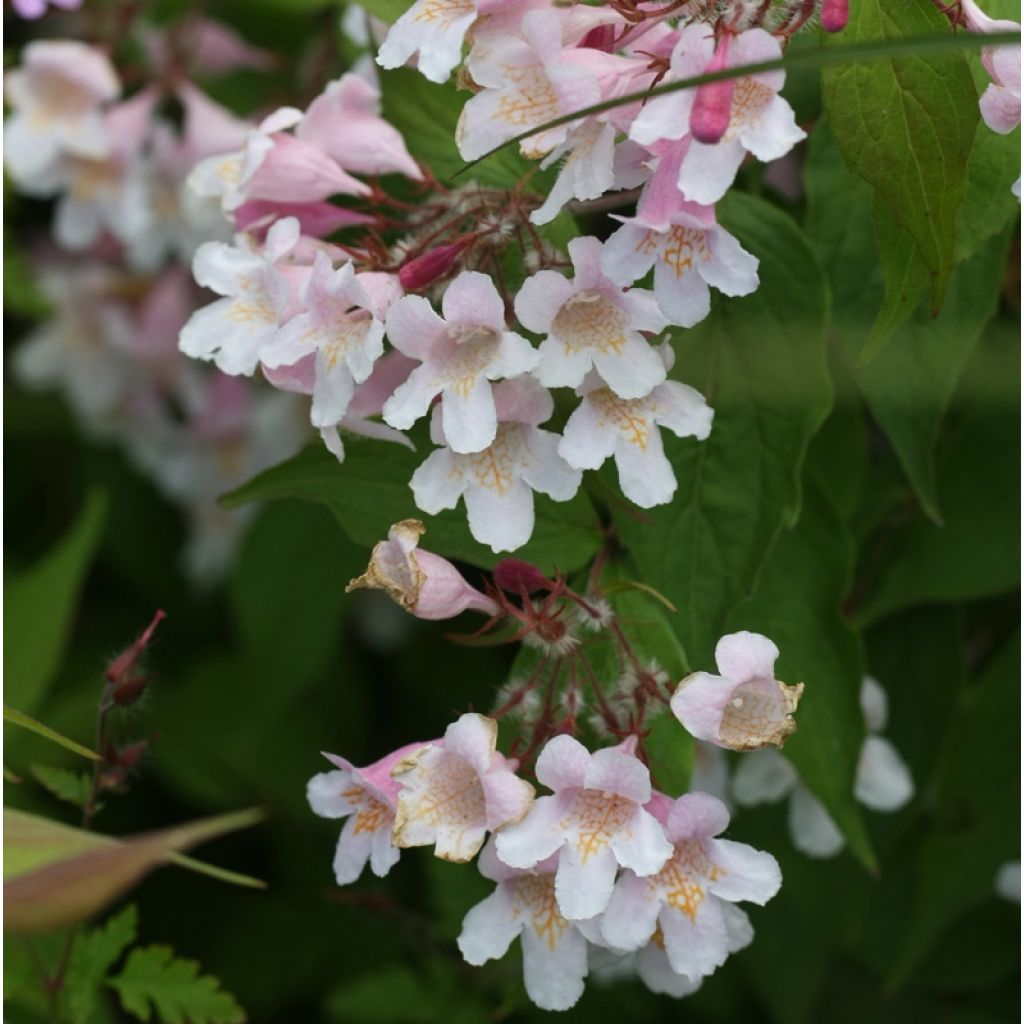

Kolkwitzia amabilis Pink Cloud - Beauty Bush
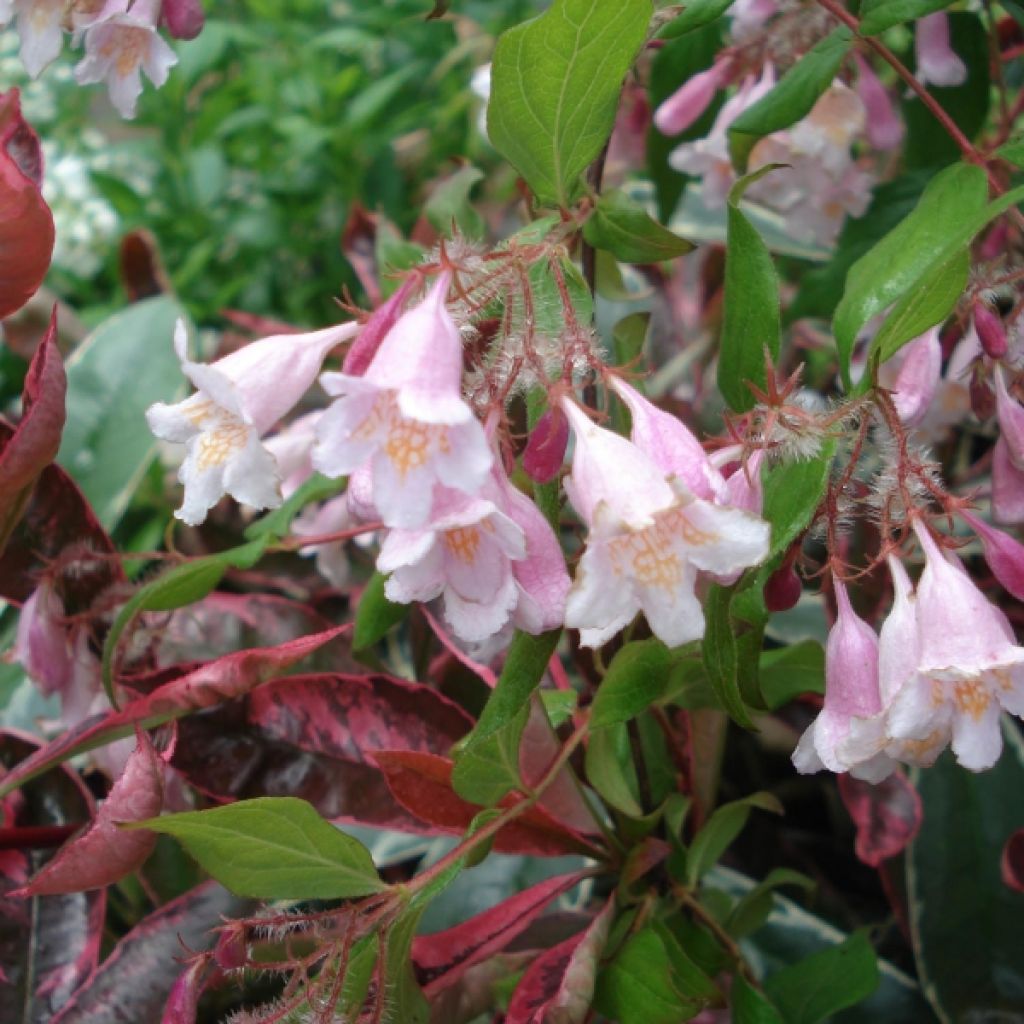

Kolkwitzia amabilis Pink Cloud - Beauty Bush
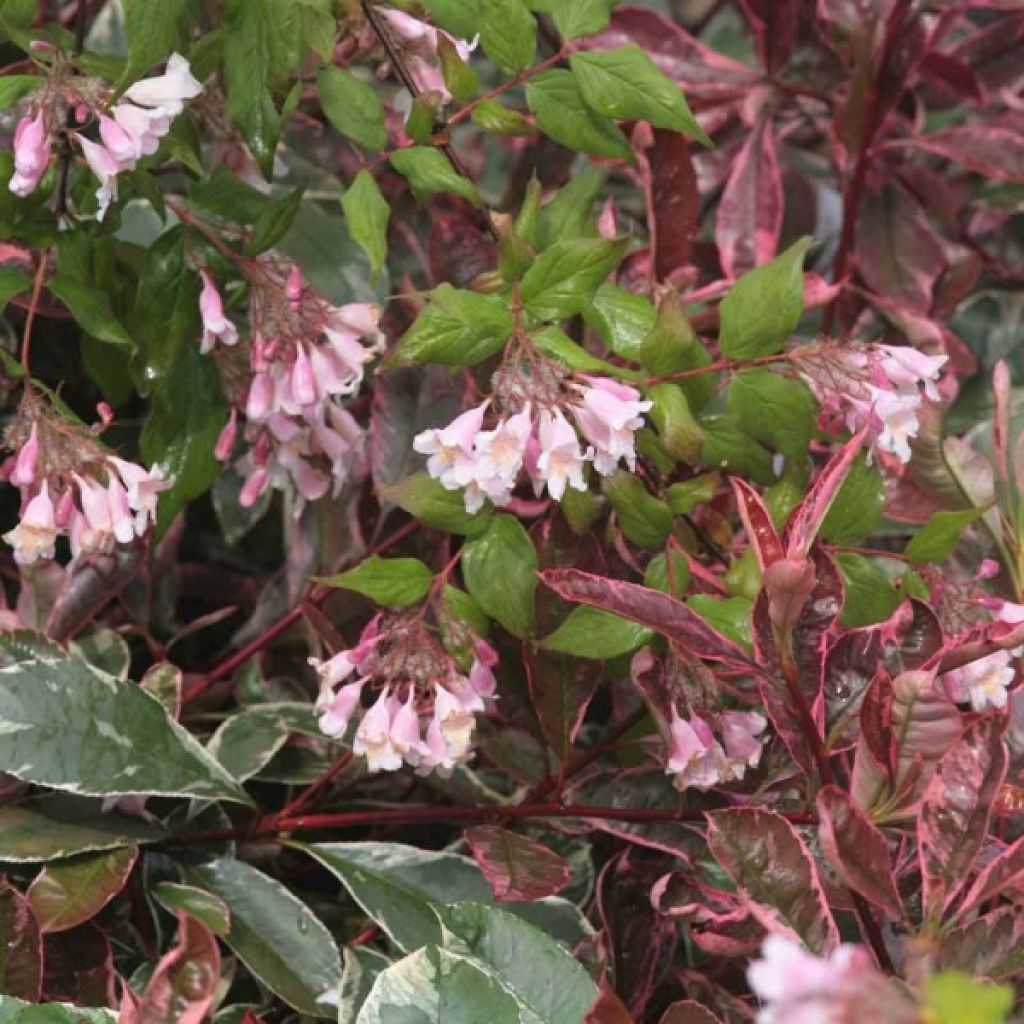

Kolkwitzia amabilis Pink Cloud - Beauty Bush
Kolkwitzia amabilis Pink Cloud - Beauty Bush
Kolkwitzia amabilis Pink Cloud
Beauty Bush
The 3 young plants received 8 days ago are in very good health. They are flowering and producing shoots.
Isabelle , 26/04/2025
Special offer!
Receive a €20 voucher for any order over €90 (excluding delivery costs, credit notes, and plastic-free options)!
1- Add your favorite plants to your cart.
2- Once you have reached €90, confirm your order (you can even choose the delivery date!).
3- As soon as your order is shipped, you will receive an email containing your voucher code, valid for 3 months (90 days).
Your voucher is unique and can only be used once, for any order with a minimum value of €20, excluding delivery costs.
Can be combined with other current offers, non-divisible and non-refundable.
Home or relay delivery (depending on size and destination)
Schedule delivery date,
and select date in basket
This plant carries a 24 months recovery warranty
More information
We guarantee the quality of our plants for a full growing cycle, and will replace at our expense any plant that fails to recover under normal climatic and planting conditions.


Would this plant suit my garden?
Set up your Plantfit profile →
Description
The Kolkvitzia amabilis "Pink Cloud"of undeniably deserves its name Beauty Bush. If it is known and used, it is never enough, as its rather late spring flowering is enchanting. The entire bush, which reaches beautiful dimensions, then disappears under a profusion of small bell-shaped flowers, forming a pink and fragrant cloud when struck by the sun. A cousin of abelias and honeysuckles, this plant should be present in all gardens, as a free hedge or in shrub borders. Not content with being very beautiful, it is truly easy to cultivate: without soil requirements and perfectly hardy, it is also resistant to summer drought in deep soil.
Kolkwitzia amabilis belongs to the Caprifoliaceae family, just like weigelas and honeysuckles. This deciduous shrub is native to the mountains of central China, where it grows on the edge of forests. Its habit is very bushy, slightly spreading, due to its ability to sucker lightly. Over the years, it takes on a very elegant silhouette supported by flexible stems that gracefully arch under the weight of the flowers in late spring. Its rapid growth allows it to reach 3m (9 ft 10 in) in all directions within 4 to 6 years, sometimes 5m (16 ft 5 in) depending on the growing conditions. This shrub develops numerous vigorous, erect, and then trailing branches at the tips. "Pink Cloud" is a variety that differs from the species by its slightly brighter, more intense pink colour flowers. This dense and abundant flowering plant, in generous and compact corymbs of 5 to 6cm (2 to 2.4 in) in diameter, literally covers the shrub for 3 weeks, usually in May. Each flower emerges from a deep pink bud. When fully open, it resembles a small elongated bell, 1 to 2cm (0.4 to 0.8 in) in diameter, pale pink on the outside, with the interior almost white and speckled with yellow-orange. The flowering is fragrant in warm and calm weather, attracting numerous pollinating insects. The leaves, deciduous, ovate, 3.5cm (1.4 in) long, medium green in color, matte, are arranged in opposite pairs. They appear before the flowering and sometimes take on beautiful purple hues in autumn. Mature specimens have a beautiful exfoliating brown bark.
The kolkwitzia amabilis is loved in country hedges and shrub borders, recognizing its ornamental value. The refined and delicate aspect of this shrub, as well as its robustness, make it an interesting subject for both individual planting, mass planting, and free hedges with abelias, tamarisks, cotinus, or even botanical roses. Kolkwitzia amibilis are very hardy and do not care about the nature of the soil. Their only requirement is to be protected from prevailing winds that damage their flowering. Take advantage of all these qualities by adding a touch of originality. The flowering branches of Kolkvitzia amibilis can also be used to create beautiful bouquets.
Report an error about the product description
Kolkwitzia amabilis Pink Cloud - Beauty Bush in pictures
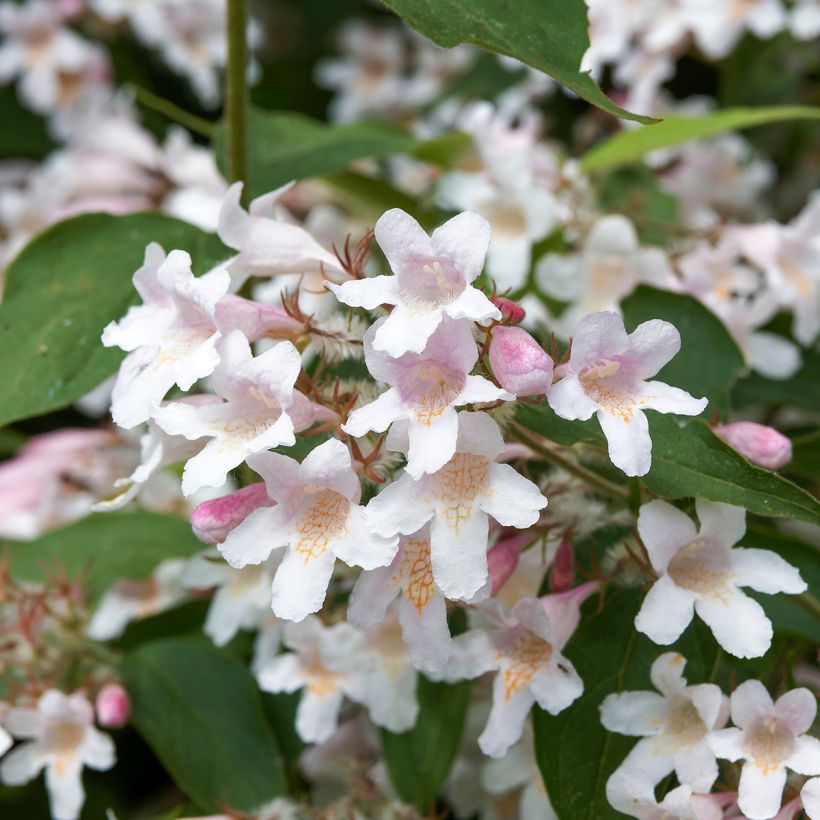

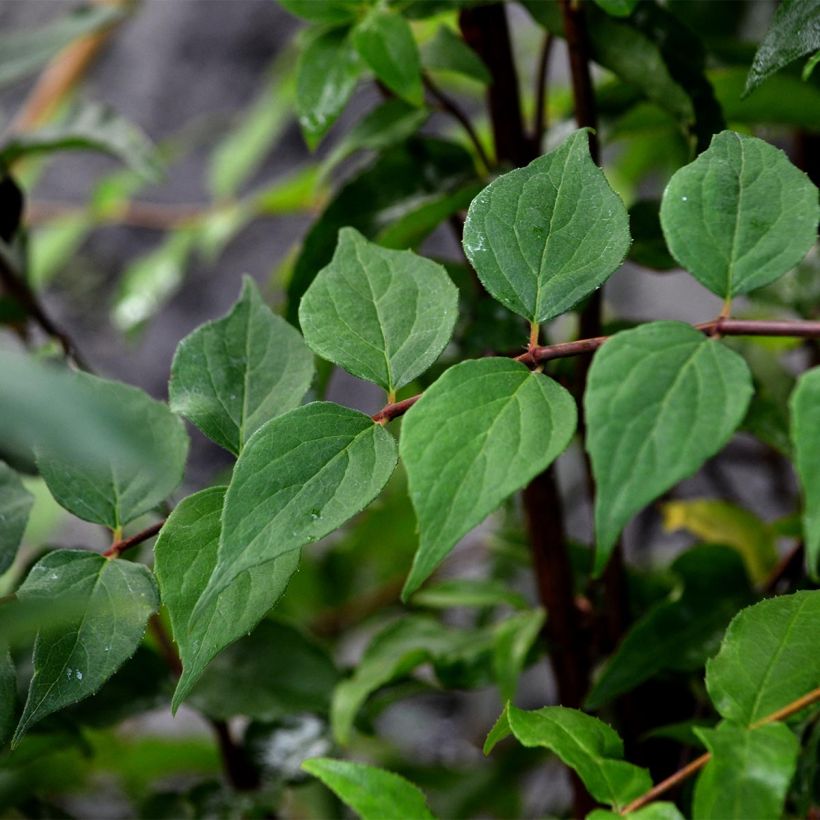

Plant habit
Flowering
Foliage
Botanical data
Kolkwitzia
amabilis
Pink Cloud
Caprifoliaceae
Beauty Bush
Cultivar or hybrid
Planting and care
The Kolkwitzia amabilis has good cold resistance and grows in any well-drained soil in full sun or partial shade. It is also resistant to summer drought once established in deep soil. Choose a sheltered spot to protect its flowering from cold winds. Water it occasionally during the first summer. Pruning should be done after flowering. Remove dead wood and diverging branches. Also, trim the flowering shoots from the current year.
Planting period
Intended location
Care
-
, onOrder confirmed
Reply from on Promesse de fleurs
Similar products
Haven't found what you were looking for?
Hardiness is the lowest winter temperature a plant can endure without suffering serious damage or even dying. However, hardiness is affected by location (a sheltered area, such as a patio), protection (winter cover) and soil type (hardiness is improved by well-drained soil).

Photo Sharing Terms & Conditions
In order to encourage gardeners to interact and share their experiences, Promesse de fleurs offers various media enabling content to be uploaded onto its Site - in particular via the ‘Photo sharing’ module.
The User agrees to refrain from:
- Posting any content that is illegal, prejudicial, insulting, racist, inciteful to hatred, revisionist, contrary to public decency, that infringes on privacy or on the privacy rights of third parties, in particular the publicity rights of persons and goods, intellectual property rights, or the right to privacy.
- Submitting content on behalf of a third party;
- Impersonate the identity of a third party and/or publish any personal information about a third party;
In general, the User undertakes to refrain from any unethical behaviour.
All Content (in particular text, comments, files, images, photos, videos, creative works, etc.), which may be subject to property or intellectual property rights, image or other private rights, shall remain the property of the User, subject to the limited rights granted by the terms of the licence granted by Promesse de fleurs as stated below. Users are at liberty to publish or not to publish such Content on the Site, notably via the ‘Photo Sharing’ facility, and accept that this Content shall be made public and freely accessible, notably on the Internet.
Users further acknowledge, undertake to have ,and guarantee that they hold all necessary rights and permissions to publish such material on the Site, in particular with regard to the legislation in force pertaining to any privacy, property, intellectual property, image, or contractual rights, or rights of any other nature. By publishing such Content on the Site, Users acknowledge accepting full liability as publishers of the Content within the meaning of the law, and grant Promesse de fleurs, free of charge, an inclusive, worldwide licence for the said Content for the entire duration of its publication, including all reproduction, representation, up/downloading, displaying, performing, transmission, and storage rights.
Users also grant permission for their name to be linked to the Content and accept that this link may not always be made available.
By engaging in posting material, Users consent to their Content becoming automatically accessible on the Internet, in particular on other sites and/or blogs and/or web pages of the Promesse de fleurs site, including in particular social pages and the Promesse de fleurs catalogue.
Users may secure the removal of entrusted content free of charge by issuing a simple request via our contact form.
The flowering period indicated on our website applies to countries and regions located in USDA zone 8 (France, the United Kingdom, Ireland, the Netherlands, etc.)
It will vary according to where you live:
- In zones 9 to 10 (Italy, Spain, Greece, etc.), flowering will occur about 2 to 4 weeks earlier.
- In zones 6 to 7 (Germany, Poland, Slovenia, and lower mountainous regions), flowering will be delayed by 2 to 3 weeks.
- In zone 5 (Central Europe, Scandinavia), blooming will be delayed by 3 to 5 weeks.
In temperate climates, pruning of spring-flowering shrubs (forsythia, spireas, etc.) should be done just after flowering.
Pruning of summer-flowering shrubs (Indian Lilac, Perovskia, etc.) can be done in winter or spring.
In cold regions as well as with frost-sensitive plants, avoid pruning too early when severe frosts may still occur.
The planting period indicated on our website applies to countries and regions located in USDA zone 8 (France, United Kingdom, Ireland, Netherlands).
It will vary according to where you live:
- In Mediterranean zones (Marseille, Madrid, Milan, etc.), autumn and winter are the best planting periods.
- In continental zones (Strasbourg, Munich, Vienna, etc.), delay planting by 2 to 3 weeks in spring and bring it forward by 2 to 4 weeks in autumn.
- In mountainous regions (the Alps, Pyrenees, Carpathians, etc.), it is best to plant in late spring (May-June) or late summer (August-September).
The harvesting period indicated on our website applies to countries and regions in USDA zone 8 (France, England, Ireland, the Netherlands).
In colder areas (Scandinavia, Poland, Austria...) fruit and vegetable harvests are likely to be delayed by 3-4 weeks.
In warmer areas (Italy, Spain, Greece, etc.), harvesting will probably take place earlier, depending on weather conditions.
The sowing periods indicated on our website apply to countries and regions within USDA Zone 8 (France, UK, Ireland, Netherlands).
In colder areas (Scandinavia, Poland, Austria...), delay any outdoor sowing by 3-4 weeks, or sow under glass.
In warmer climes (Italy, Spain, Greece, etc.), bring outdoor sowing forward by a few weeks.






























